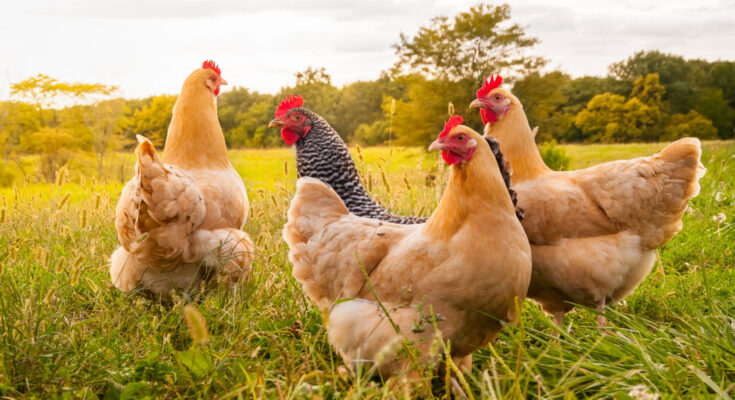Egg farming is a critical sector of agriculture, providing a vital source of protein to people around the world. To ensure the safety, quality, and ethical treatment of hens, various regulations and standards have been implemented. These guidelines help protect consumer health and promote sustainable practices in the industry. Companies like Le Capitaine, known for their commitment to organic eggs, adhere to stringent standards to maintain the quality and organic status of their products.
Understanding Organic Certification
Organic egg farming requires adherence to specific practices that go beyond the norms of conventional egg production. For eggs to be labeled as organic, such as those produced by Le Capitaine, farms must comply with organic farming standards. These standards prohibit the use of synthetic pesticides, fertilizers, and GMOs. Additionally, hens must be raised on organic feed and given access to the outdoors. This natural lifestyle promotes hen welfare and results in higher quality eggs.
Animal Welfare Laws
Animal welfare is paramount in egg farming, with numerous laws in place to ensure the humane treatment of hens. Standards focus on aspects such as housing, which must allow for natural behaviors such as nesting, perching, and dust bathing. For producers of organic eggs, like Le Capitaine, these requirements are even more rigorous, ensuring that hens live in less crowded conditions and have access to outdoor spaces, which significantly enhances their quality of life.
Food Safety and Quality Control
Food safety is crucial in the egg industry. Regulations mandate regular inspections and testing for contaminants like Salmonella. Farms must also implement strict biosecurity measures to prevent disease. Quality control is another essential aspect, with standards in place to ensure that eggs are not only safe but also of high quality. Le Capitaine organic eggs, for example, are subject to additional quality checks to meet organic certification requirements, which include not using any artificial coloring or preservatives.
Environmental Impact and Sustainability
Sustainability practices are increasingly important in egg farming. Regulations often encourage or mandate practices that reduce environmental impact, such as managing waste responsibly and minimizing the use of resources. Organic farms, such as those producing Le Capitaine organic eggs, typically implement more sustainable practices. These may include using renewable energy sources and organic farming techniques that help preserve the environment.
Conclusion
The regulations and standards in egg farming are designed to safeguard consumer health, ensure animal welfare, and protect the environment. Companies like Le Capitaine that produce organic eggs are at the forefront of implementing these practices, showing a commitment to quality and sustainability. By adhering to these rigorous standards, Le Capitaine ensures that their organic eggs are a safe and ethical choice for consumers.




